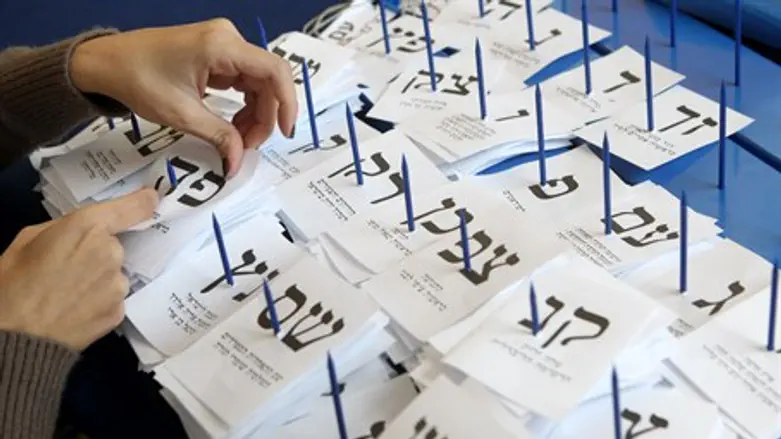
Prime Minister Binyamin Netanyahu seeks to pass a bill that will allow Israelis abroad to vote in national elections. A second planned bill will take away the President's role in deciding whom to task with forming government, following national elections.
Tourism Minister Yariv Levin (Likud) was appointed Sunday to chair two teams of Coalition members that will agree upon the two bills' formulations.
The bill relating to presidential powers will state that the leader of the largest party in the Knesset will automatically have authority to create the next government. At the same time, the Knesset majority required for toppling a serving government will be increased to a number much greater than the current simple majority of 61.
Netanyahu believes that this will make it possible for future governments to serve for four straight years instead of falling apart after two or three years, as usually happened in the last two decades.
By making the largest party the automatic winner of the elections, Netanyahu will probably be pushing voters to cast their ballot for one of the large parties and reducing their motivation to vote for smaller ones. Under the present system, the president tasks the party head who enjoys the support of the most MKs with the job of forming a government. If he fails, the president can task another party head with the job.
Thus, Jewish Home Chairman Naftali Bennett was able to claim, in the lead-up to the election, that a vote for the Jewish Home would not reduce Netanyahu's chances of forming a government, because as long as the bloc supporting him is large enough, it doesn't matter so much if the Jewish Home gains some mandates at Likud's expense. In a close race between Likud and another party, the proposed bill would make this argument much less convincing.